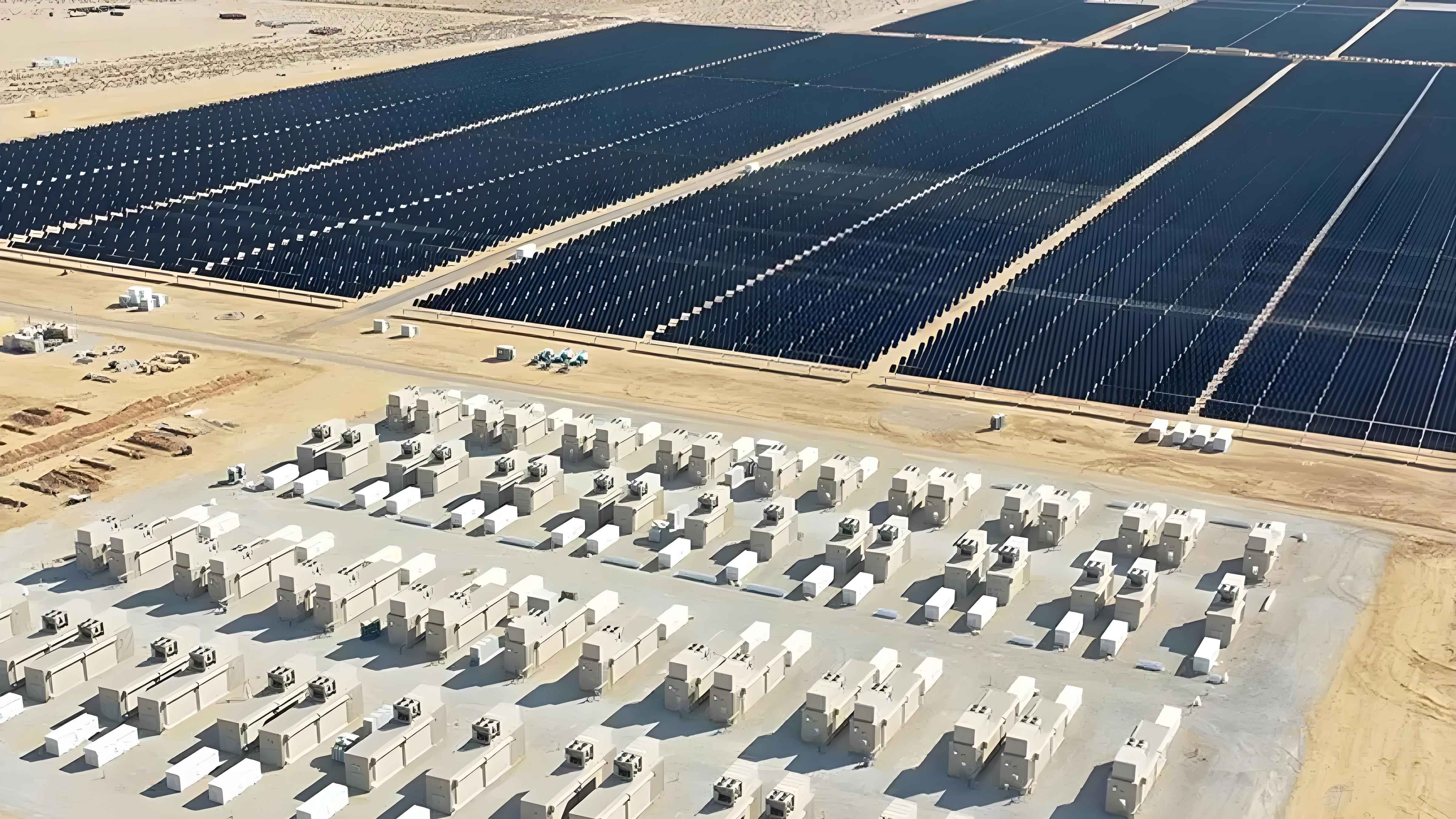In recent years, significant advancements have been made in the field of solar battery energy storage, transforming the way we harness and utilize solar energy. These advancements are critical as the world shifts towards renewable energy sources to combat climate change and reduce reliance on fossil fuels. Solar battery energy storage plays a pivotal role in ensuring a reliable and consistent supply of energy from solar power systems. This article explores the latest developments in solar battery energy storage, highlighting key innovations, benefits, and future prospects.

Key Innovations in Solar Battery Energy Storage
1. Improved Battery Technologies
Recent advancements in battery technologies have significantly enhanced the efficiency and capacity of solar battery energy storage systems. Some of the notable improvements include:
- Lithium-Ion Batteries: Lithium-ion batteries have become the standard for solar battery energy storage due to their high energy density, long cycle life, and declining costs. Advances in lithium-ion technology have led to the development of more efficient and safer batteries.
- Solid-State Batteries: Solid-state batteries, which use solid electrolytes instead of liquid ones, offer higher energy densities and improved safety compared to traditional lithium-ion batteries. These batteries are expected to revolutionize solar battery energy storage in the near future.
- Flow Batteries: Flow batteries, such as vanadium redox flow batteries, have gained attention for their scalability and long-duration energy storage capabilities. They are particularly suitable for large-scale solar energy storage projects.
2. Enhanced Energy Management Systems
The integration of advanced energy management systems has significantly improved the performance and efficiency of solar battery energy storage systems. Key advancements in this area include:
- Smart Inverters: Smart inverters play a crucial role in managing the flow of energy between solar panels, batteries, and the grid. These inverters optimize energy usage, enhance grid stability, and enable better integration of solar energy into the grid.
- Artificial Intelligence and Machine Learning: The use of artificial intelligence (AI) and machine learning (ML) algorithms in solar battery energy storage systems allows for predictive maintenance, optimal energy dispatch, and improved system performance.
- Internet of Things (IoT) Integration: IoT-enabled devices and sensors provide real-time data and insights, enabling better monitoring and control of solar battery energy storage systems.
Benefits of Advancements in Solar Battery Energy Storage
1. Increased Energy Efficiency
The advancements in solar battery energy storage technologies have led to higher energy efficiency, ensuring that more solar energy is captured, stored, and utilized effectively. This results in reduced energy wastage and lower electricity costs for consumers.
2. Enhanced Grid Stability
Solar battery energy storage systems play a crucial role in stabilizing the grid by providing backup power during peak demand periods and mitigating fluctuations in solar energy generation. This enhances the reliability and resilience of the electricity grid.
3. Greater Energy Independence
With improved solar battery energy storage systems, households and businesses can achieve greater energy independence by reducing their reliance on the grid. This is particularly beneficial in remote areas with limited access to the grid.
4. Environmental Benefits
The adoption of advanced solar battery energy storage systems contributes to a reduction in greenhouse gas emissions by enabling greater utilization of clean solar energy. This helps in combating climate change and promoting a sustainable energy future.
Future Prospects of Solar Battery Energy Storage
The future of solar battery energy storage looks promising, with ongoing research and development efforts focused on further improving the efficiency, capacity, and affordability of these systems. Some of the future prospects include:
- Next-Generation Battery Technologies: Researchers are exploring new materials and chemistries, such as lithium-sulfur and sodium-ion batteries, which could offer even higher energy densities and lower costs.
- Integration with Renewable Energy Sources: The integration of solar battery energy storage systems with other renewable energy sources, such as wind and hydropower, can enhance the overall stability and reliability of renewable energy systems.
- Policy Support and Incentives: Government policies and incentives play a crucial role in promoting the adoption of solar battery energy storage systems. Continued support from policymakers can accelerate the transition to a renewable energy future.
Tables and Lists
Table 1: Comparison of Battery Technologies
| Battery Technology | Energy Density (Wh/kg) | Cycle Life (Cycles) | Cost ($/kWh) | Safety Rating |
|---|---|---|---|---|
| Lithium-Ion | 150-250 | 1,000-3,000 | 100-300 | High |
| Solid-State | 300-500 | 2,000-5,000 | 200-500 | Very High |
| Vanadium Redox Flow | 20-50 | 10,000+ | 150-350 | High |
| Lithium-Sulfur | 400-600 | 500-1,500 | 100-200 | Moderate |
| Sodium-Ion | 100-150 | 1,000-2,000 | 80-150 | High |
List 1: Key Benefits of Solar Battery Energy Storage
- Increased Energy Efficiency
- Higher capture and utilization of solar energy
- Reduced energy wastage
- Lower electricity costs for consumers
- Enhanced Grid Stability
- Backup power during peak demand periods
- Mitigation of fluctuations in solar energy generation
- Improved reliability and resilience of the grid
- Greater Energy Independence
- Reduced reliance on the grid
- Beneficial for remote areas with limited grid access
- Environmental Benefits
- Reduction in greenhouse gas emissions
- Promotion of clean and sustainable energy sources
- Contribution to combating climate change
Conclusion
Advancements in solar battery energy storage have revolutionized the way we harness and utilize solar energy. Improved battery technologies, enhanced energy management systems, and the integration of smart technologies have significantly increased the efficiency, reliability, and affordability of solar battery energy storage systems. These advancements not only offer numerous benefits, including increased energy efficiency, enhanced grid stability, greater energy independence, and environmental benefits, but also pave the way for a sustainable energy future. Continued research, development, and policy support are essential to further propel the growth and adoption of solar battery energy storage systems, ensuring a cleaner and greener planet for future generations.
